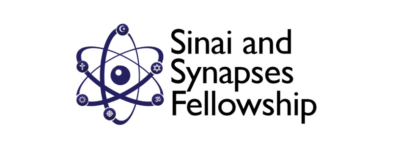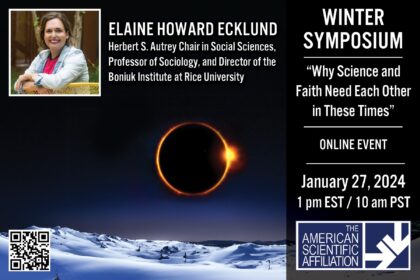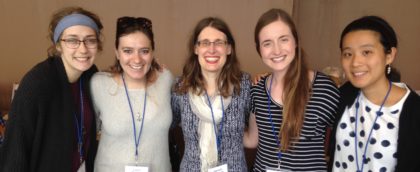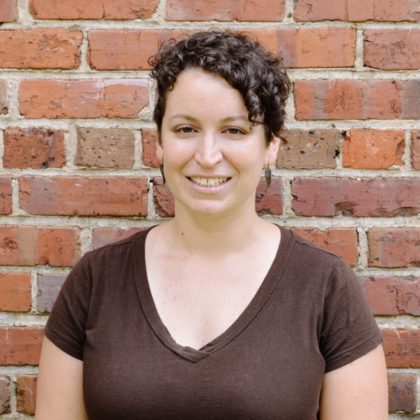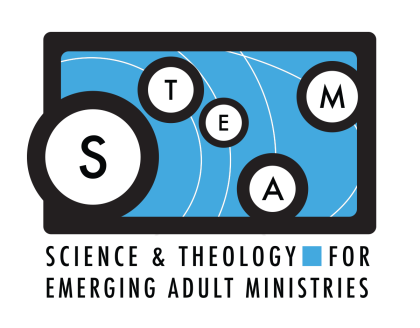One very clear memory from my freshman year of college is of a Sunday afternoon that I spent in the library trying to learn the details about the oxidative-phosphorylation, one chemical pathway in mitochondria (i.e., the powerhouse of the cell). I spent hours sitting with my notebook, pen, and biology textbook trying to figure out how all the pieces fit together. My initial motivation was trying to understand enough to pass the test I had the next day. But puzzling through the processes involved in passing electrons … [Read more...] about Sinai and Synapses: Loving the Lord with all my mind and my neighbor as myself
science and faith
ESN Announces: American Scientific Association 2024 Winter Symposium
The Emerging Scholars Network has loved partnering with the American Scientific Affiliation for many years. Elaine Howard Ecklund is a friend and past ESN Conversation guest and so we were very excited to learn of her presentation this weekend at the ASA Winter Symposium. Here are the details! WHEN: Saturday, January 27, 2024, at 1:00 ETCOST: Free (a free-will donation is suggested)SPEAKER: Elaine Howard EcklundTITLE: Why Science and Faith Need Each Other REGISTER: Scan the … [Read more...] about ESN Announces: American Scientific Association 2024 Winter Symposium
American Scientific Affiliation Annual Meeting
Check this link for more details on the ASA faith/science conference and registration when it opens. … [Read more...] about American Scientific Affiliation Annual Meeting
Healing through the ESN Steam Grant Project
When I was approached to lead conversations with graduate students about science and faith topics as part of the Emerging Scholars Network (ESN) STEAM grant project, I accepted with a good deal of hesitation. I had grown up with a narrative of science and Christianity being in conflict, had no resources for resolving that narrative as an undergraduate chemistry major, and became totally exhausted of the topic by the time I was starting my graduate school journey. Things were no different by the time I graduated and … [Read more...] about Healing through the ESN Steam Grant Project
Faith and Science Talks from our STEAM Project Conference Track
As part of ESN's 2016-2018 faith/science endeavors through a generous grant from the Fuller STEAM Project, we sponsored a student/early career track in collaboration with the American Scientific Affiliation at their 2017 conference. If you enjoyed our STEAM project faith/science blog series, you may also want to listen to the panels below, hosted at the ASA website. We've gathered a list of them here for the convenience of those reading the STEAM series at the ESN blog. This project was made possible through the … [Read more...] about Faith and Science Talks from our STEAM Project Conference Track
